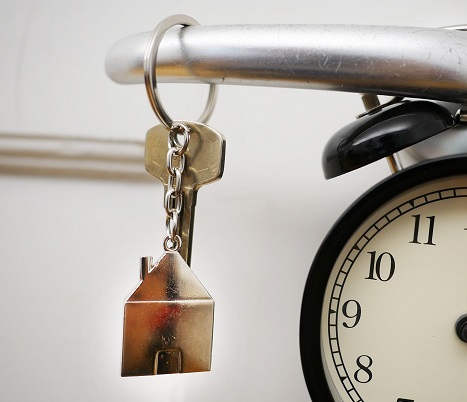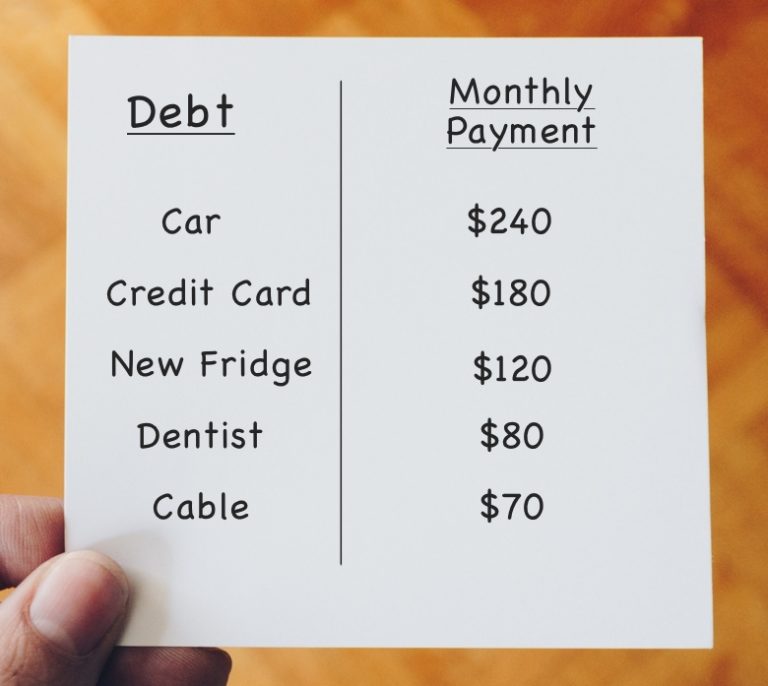Bankruptcy Can Help Save a Property From Foreclosure

Foreclosure is the legal process that ensues when a borrower fails to make timely payments on a home loan, and the lender takes possession of the house as collateral. The lender generally gives the borrower a specific timeframe to bring their loan up-to-date and prevent foreclosure. Suppose a foreclosure sale has not yet occurred. If a debtor files for bankruptcy, they can promptly halt the foreclosure unless they have filed for bankruptcy within the last year. Bankruptcy can help save property from foreclosure by preventing lenders from taking immediate action to give the debtor time to find solutions. Here’s how various forms of bankruptcy can help:
Chapter 7 Bankruptcy
Chapter 7 bankruptcy triggers an automatic stay that halts creditors from taking action, including lenders foreclosing on a property. By activating an automatic stay to stop creditors, the borrower can catch up on missed payments and avoid foreclosure. However, in many cases, the lender will quickly file a motion for relief from the automatic stay to seek permission from the bankruptcy court to move forward with the foreclosure. For this reason, filing for Chapter 7 bankruptcy will only briefly pause the foreclosure process.
While it’s essential to note that Chapter 7 bankruptcy does not provide a long-term foreclosure solution, this type of bankruptcy can help save a property from foreclosure because it buys the borrower time to pay missed mortgage payments, seek refinancing, or look into loan modification to keep the home. If the borrower cannot catch up on missed payments or make current payments, the lender will resume foreclosure proceedings once the automatic stay is lifted.
Chapter 13 Bankruptcy
Chapter 13 bankruptcy, also called reorganization bankruptcy, enables the borrower to retain their property by settling their debts over three to five years. The debtor will make monthly payments to a bankruptcy trustee whose job is to make payments to creditors, including missed mortgage payments. During this time, the debtor will still be making monthly mortgage payments. If the debtor makes all payments on time and according to plan, the property will not face foreclosure.
Please note that the debtor must possess a stable income to be eligible for Chapter 13 bankruptcy. They must be able to fulfill the monthly payments as per the repayment plan terms. Therefore, Chapter 13 bankruptcy is typically advised for individuals who still have a job but find it challenging to keep up with the debt they owe. This form of bankruptcy is helpful when facing foreclosure because it allows debtors to reorganize their secured debts, such as mortgages, while keeping the asset, such as the house.
Foreclosure Mediation Programs
Connecticut offers Foreclosure Mediation Programs that should be explored when homeowners file for bankruptcy. These programs aim to negotiate new mortgage terms between homeowners and lenders that are more manageable. A neutral third-party mediator facilitates communication between the two and finds a solution acceptable to both parties. The mortgage lender may agree to extend the loan term, reduce the interest rate, or even forgive a percentage of the outstanding principal. These programs are beneficial for those who have experienced financial hardship, such as job loss.
Facing foreclosure is hugely stressful. Please know there is hope. There are many options to investigate before giving up. We can help you explore ways to save your home based on your financial situation. Contact us today to learn more about how we can help you.






